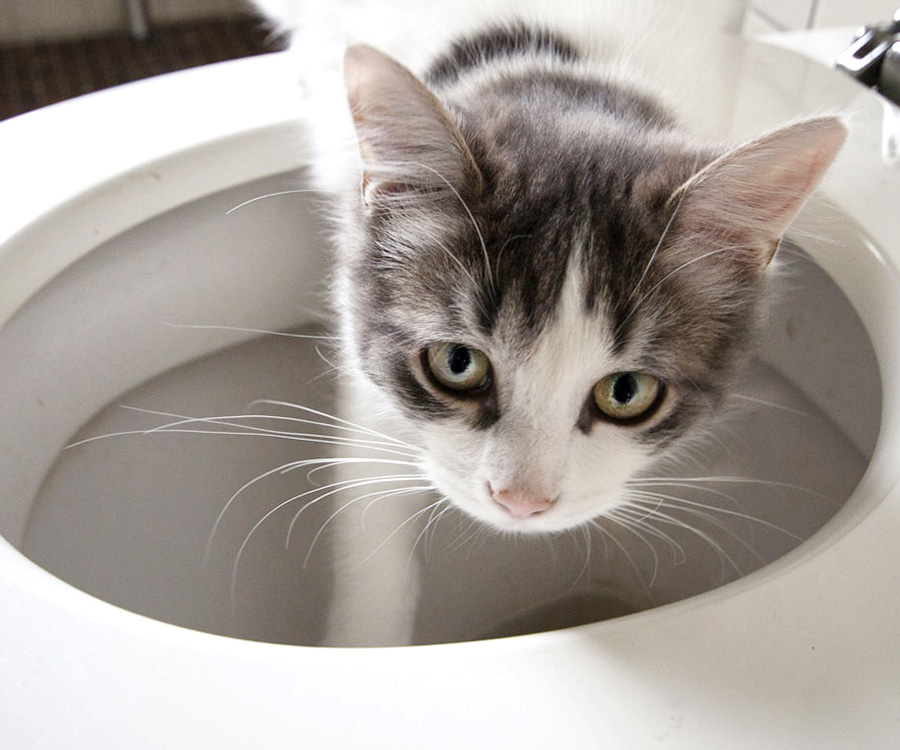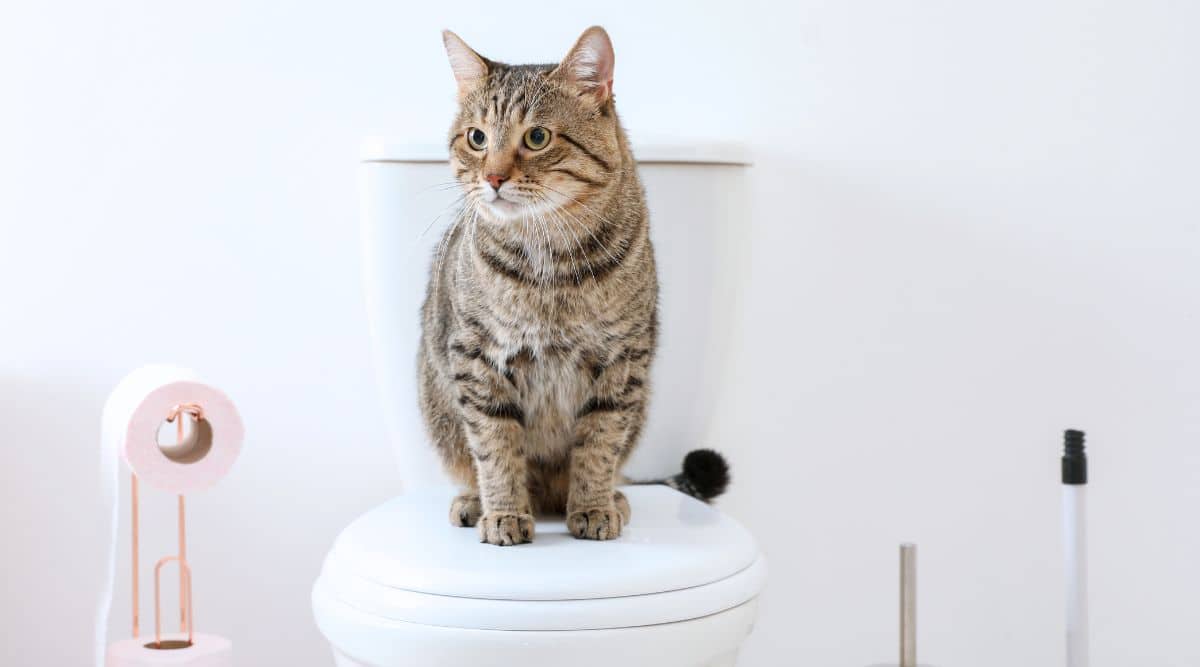Reasons Flushing Cat Poop Down Your Toilet Isn't a Good Idea - Tips for Safer Disposal
Reasons Flushing Cat Poop Down Your Toilet Isn't a Good Idea - Tips for Safer Disposal
Blog Article
The article below on the subject of How to Dispose of Cat Poop and Litter Without Plastic Bags is immensely interesting. Give it a try and draw your own personal final thoughts.

Introduction
As pet cat owners, it's important to be mindful of just how we deal with our feline close friends' waste. While it may seem hassle-free to flush pet cat poop down the bathroom, this technique can have detrimental consequences for both the atmosphere and human health and wellness.
Environmental Impact
Flushing feline poop presents hazardous microorganisms and parasites into the water, presenting a significant danger to aquatic ecological communities. These contaminants can adversely impact marine life and concession water quality.
Health and wellness Risks
Along with ecological concerns, flushing cat waste can likewise pose wellness dangers to people. Feline feces might contain Toxoplasma gondii, a parasite that can create toxoplasmosis-- a possibly serious illness, particularly for pregnant ladies and people with weakened immune systems.
Alternatives to Flushing
Thankfully, there are much safer and more liable ways to get rid of pet cat poop. Think about the adhering to choices:
1. Scoop and Dispose in Trash
The most usual method of taking care of feline poop is to scoop it into a naturally degradable bag and throw it in the garbage. Make certain to utilize a specialized trash scoop and get rid of the waste promptly.
2. Use Biodegradable Litter
Opt for naturally degradable pet cat litter made from materials such as corn or wheat. These trashes are eco-friendly and can be securely gotten rid of in the trash.
3. Hide in the Yard
If you have a lawn, consider hiding pet cat waste in an assigned location far from veggie yards and water sources. Make certain to dig deep adequate to stop contamination of groundwater.
4. Mount a Pet Waste Disposal System
Purchase a pet dog waste disposal system specifically designed for feline waste. These systems utilize enzymes to break down the waste, lowering smell and environmental effect.
Conclusion
Responsible family pet ownership prolongs beyond offering food and sanctuary-- it likewise involves proper waste management. By refraining from flushing pet cat poop down the bathroom and selecting alternate disposal techniques, we can decrease our environmental footprint and safeguard human health and wellness.
Why You Should Never Flush Cat Poop Down the Toilet
A rose by any other name might smell as sweet, but not all poop is created equal. Toilets, and our sewage systems, are designed for human excrement, not animal waste. It might seem like it couldn’t hurt to toss cat feces into the loo, but it’s not a good idea to flush cat poop in the toilet.
First and foremost, assuming your cat uses a litter box, any waste is going to have litter on it. And even the smallest amount of litter can wreak havoc on plumbing.
Over time, small amounts build up, filling up your septic system. Most litter sold today is clumping; it is made from a type of clay that hardens when it gets wet. Ever tried to scrape old clumps from the bottom of a litter box? You know just how cement-hard it can get!
Now imagine just a small clump of that stuck in your pipes. A simple de-clogger like Drano isn’t going to cut it. And that means it’s going to cost you big time to fix it.
Parasitic Contamination
Believe it or not, your healthy kitty may be harboring a nasty parasite. Only cats excrete Toxoplasma in their feces. Yet it rarely causes serious health issues in the cats that are infected. Most people will be fine too if infected. Only pregnant women and people with compromised immune systems are at risk. (If you’ve ever heard how women who are expecting are excused from litter cleaning duty, Toxoplasma is why.)
But other animals may have a problem if infected with the parasite. And human water treatment systems aren’t designed to handle it. As a result, the systems don’t remove the parasite before discharging wastewater into local waterways. Fish, shellfish, and other marine life — otters in particular — are susceptible to toxoplasma. If exposed, most will end up with brain damage and many will die.
Depending on the species of fish, they may end up on someone’s fish hook and, ultimately on someone’s dinner plate. If that someone has a chronic illness, they’re at risk.
Skip the Toilet Training
We know there are folks out there who like to toilet train their cats. And we give them props, it takes a lot of work. But thanks to the toxoplasma, it’s not a good idea.

Hopefully you liked our piece about How to Dispose of Cat Poop and Litter Without Plastic Bags. Thank you so much for taking a few minutes to read our article. If you enjoyed reading our blog entry kindly do not forget to share it. I praise you for your time. Come back soon.
Call Today Report this page